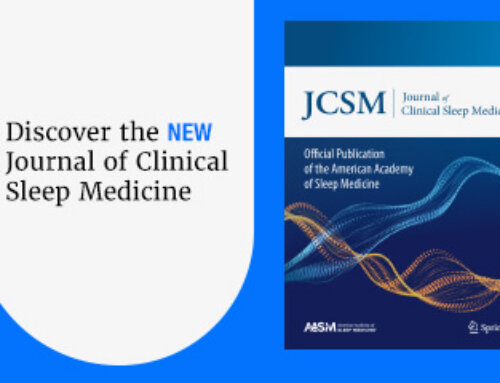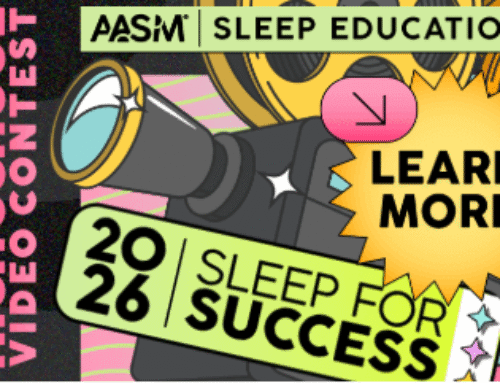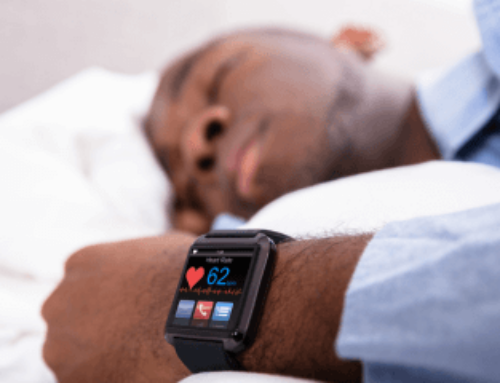EMBARGOED FOR RELEASE: 12:01 a.m. EST, March 1, 2011
CONTACT: Emilee McStay, 630-737-9700, ext. 9345, emcstay@aasm.org
DARIEN, IL – A new study in the March 1 issue of the journal SLEEP indicates that the ability of children with attention deficit hyperactivity disorder to remain vigilant and attentive deteriorated significantly after losing less than one hour of nightly sleep for a week. The study suggests that even moderate reductions in sleep duration can affect neurobehavioral functioning, which may have a negative impact on the academic performance of children with ADHD.
Results of multivariate analyses of variance show that after mean nightly sleep loss of about 55 minutes for six nights, the performance of children with ADHD on a neurobehavioral test deteriorated from the subclinical range to the clinical range of inattention on four of six measures, including omission errors (missed targets) and reaction time. Children with ADHD generally committed more omission errors than controls. Although the performance of children in the control group also deteriorated after mean nightly sleep loss of 34 minutes for six nights, it did not reach a clinical level of inattention on any of the six measures.
“Moderate sleep restriction leads to a detectable negative impact on the neurobehavioral functioning of children with ADHD and healthy controls, leading to a clinical level of impairment in children with ADHD,” said lead author and principal investigator Reut Gruber, PhD, assistant professor in the department of psychiatry at McGill University and director of the Attention, Behavior and Sleep Laboratory at Douglas Mental Health University Institute in Montreal, Québec.
The National Institute of Mental Health reports that ADHD is one of the most common childhood disorders and is characterized by inattention, hyperactivity and impulsivity. To be diagnosed with the disorder, a child must have symptoms for 6 months or more and to a degree that is greater than other children of the same age.
The study involved 43 children, 11 with ADHD and 32 controls. They had a mean age of about 9 years. After their baseline sleep was monitored for six nights, children were asked to eliminate one hour of nightly sleep for six consecutive nights by going to sleep one hour later than usual.
During the baseline and experimental periods, sleep was monitored at home using an actigraph, a computerized device that looks like a wristwatch. Mean nightly sleep time dropped from 487.75 minutes at baseline to 433.07 minutes for the ADHD group, and from 478.81 minutes at baseline to 444.67 minutes for the control group.
“The reduction in sleep duration in our study was modest and similar to the sleep deprivation that might occur in daily life,” Gruber said. “Thus, even small changes in dinner time, computer time, or staying up to do homework could result in poorer neurobehavioral functioning the following day and affect sustained attention and vigilance, which are essential for optimal academic performance.”
Neurobehavioral functioning was measured with the Continuous Performance Test at the end of the baseline period and following the experimental period of sleep loss. The CPT is a standardized, computer-administered test that takes about 15 minutes to complete. Single letters are presented on a computer screen at three different rates, requiring participants to press a button in response to every signal except the target signal. According to the authors, in recent years the CPT increasingly has been included in the basic neurobehavioral battery administered for ADHD evaluation.
Gruber added that the problem of inadequate sleep in students needs to be prioritized and addressed by the educational system.
“An important implication of the present study is that investments in programs that aim to decrease sleep deprivation may lead to improvements in neurobehavioral functioning and academic performance,” she said.
Currently she and her research team are implementing the “Sleep for Success” program in elementary schools in Québec. The program provides tools to help classroom teachers, students and parents reduce sleep deprivation in children and adolescents.
The study was supported by the Canadian Institutes of Health Research (CIHR) and the Fonds de la recherche en santé du Québec (FRSQ).
The AASM reports that the symptoms of ADHD and sleep loss can be confused in children, who often become hyperactive when they are sleep deprived. Learn more about the relationship between sleep and ADHD on the Sleep Education Blog at https://sleepeducation.blogspot.com/search/label/ADHD.
The monthly peer-reviewed, scientific journal SLEEP is published online by the Associated Professional Sleep Societies LLC, a joint venture of the American Academy of Sleep Medicine and the Sleep Research Society. The AASM is a professional membership society that is the leader in setting standards and promoting excellence in sleep medicine health care, education and research.
For a copy of the study, “Impact of sleep restriction on neurobehavioral functioning of children with attention deficit hyperactivity disorder,” or to arrange an interview with an AASM spokesperson, please contact Public Relations Coordinator Emilee McStay at 630-737-9700, ext. 9345, or emcstay@aasm.org.
###




